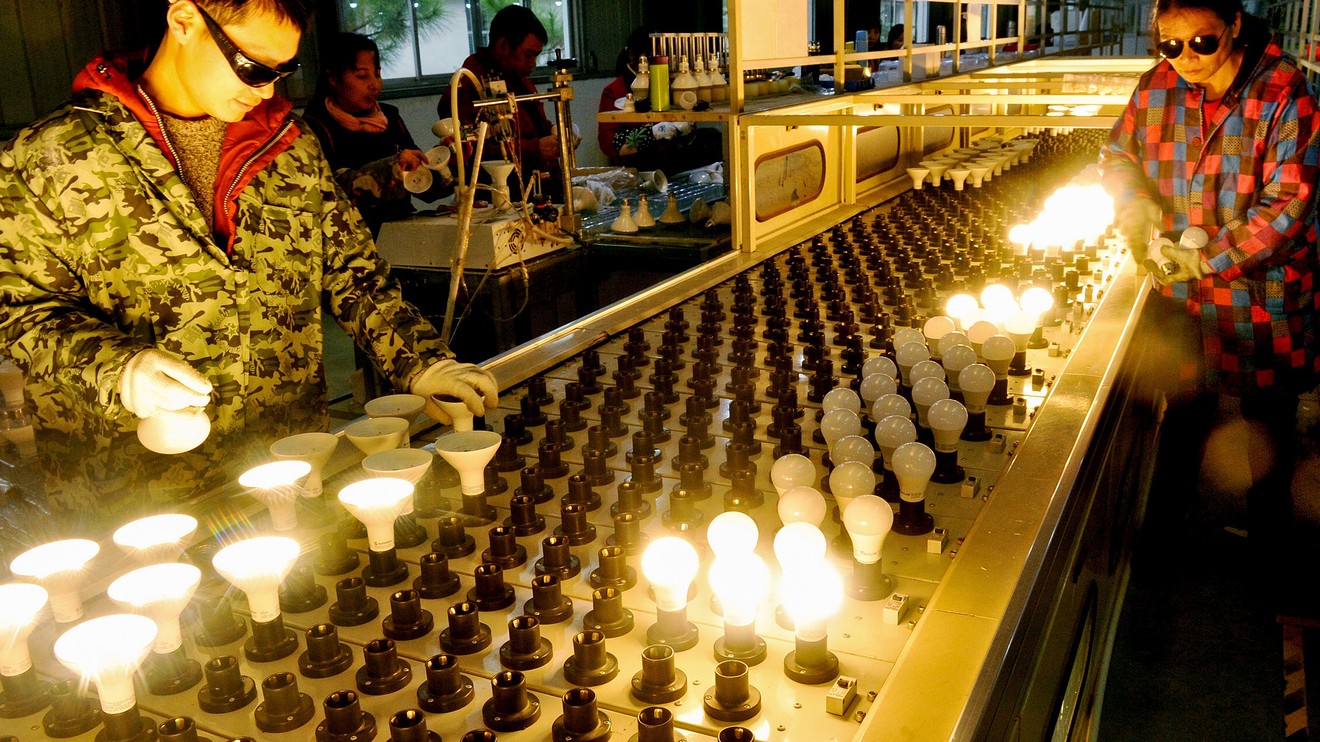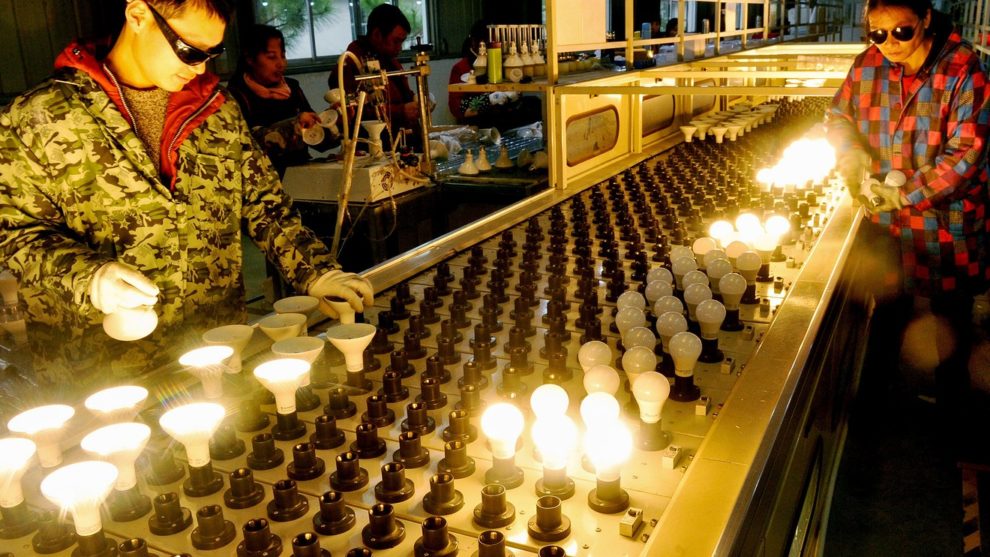
A move by the Trump administration to keep old-fashioned light bulbs on store shelves next year could end up costing U.S. consumers billions as well as being bad for the environment, consumer and environmental groups say in a new lawsuit.
So-called “incandescent” bulbs, which date back to Thomas Edison and which were standard in U.S. homes until recently, waste energy and end up costing more to own compared with modern LED or light-emitting diodes, environmental and consumer advocates say.
President Donald Trump’s administration is trying to overturn a planned phaseout of most incandescent bulbs, which would have seen most removed from sale in the U.S. starting in January 2020.
Consumer and other lobbying groups are suing to overturn the administration’s decision, and keep the phaseout of old light bulbs going ahead. The U.S. Department of Energy declined to comment on the litigation.
Switching to more energy-efficient bulbs saves consumers $75 a year, according to the Department of Energy. Though incandescent bulbs can cost only $1 to buy, compared to $8 for an LED bulb, they need to be replaced more often, so they’re more expensive over the long term.
“Over a 23-year period, it will cost you over $200 (and many trips to the hardware store) to keep one 60-watt lamp lit with incandescent bulbs,” one personal finance blog found. That’s compared to $38 using a single LED light bulb.
The phaseout was part of the Energy Independence and Security Act, signed into law by U.S. President George W. Bush in 2007. It would have required new light bulbs to use about 65% less energy to emit the same amount of light.
A report by the Lawrence Berkeley National Laboratory, a U.S. Department of Energy National Laboratory managed by the University of California, says the phaseout would have reduced carbon dioxide emissions by 540 million metric tons and saved U.S. consumers $120 billion by 2030.
The environmental and consumer groups’ lawsuit comes as the Trump administration is formally withdrawing the U.S. from the Paris Climate Agreement. Some 11,000 scientists issued a warning this week that Earth is facing a “climate emergency” that’s accelerating faster than expected. President Trump has called climate change a “hoax.” He’s also described himself as an “environmentalist.”
The phaseout of old-fashioned light bulbs is actively supported by a wide range of groups, including scientific bodies such as the American Chemical Society, consumer groups such as the Consumer Federation of America and the U.S. Public Interest Research Group, and environmental organizations such as the Sierra Club and the Natural Resources Defense Council.
Keeping the old light bulbs could end up costing consumers about $12 billion more a year in electricity and waste the equivalent of the output of 25 power plants, the NRDC said in a statement.
Mike Landis, a lawyer for PIRG, said the administration’s move threatens to undermine years of progress toward more efficient bulbs. “Standards are really important to keep the markets moving in the right direction,” he said. “The standards keep the most inefficient products off the market.”
Landis urged consumers to keep buying the newer LED lights, regardless of what happens to the rule changes. Although old-fashioned incandescent bulbs are often cheaper to buy, they cost much more to run and need replacing more often, he added.
Making the economy more energy-efficient may benefit consumers and the environment, but it may come at a cost to the oil-and-gas industry. President Trump recently commented on how much money the U.S. made from energy.
Big oil and gas stockholders have been feeling the pressure for years from rising environmentalism and the global move to energy efficiency. The Energy Select SPDR XLE, -0.41% exchange-traded fund, which tracks the major U.S. oil and gas producers, has fallen by 32% over the past five years, while the SPDR S&P 500 SPY, +0.25%, which tracks the broad S&P 500 SPX, +0.26% stock index, has risen 51%.
div > iframe { width: 100% !important; min-width: 300px; max-width: 800px; } ]]>









